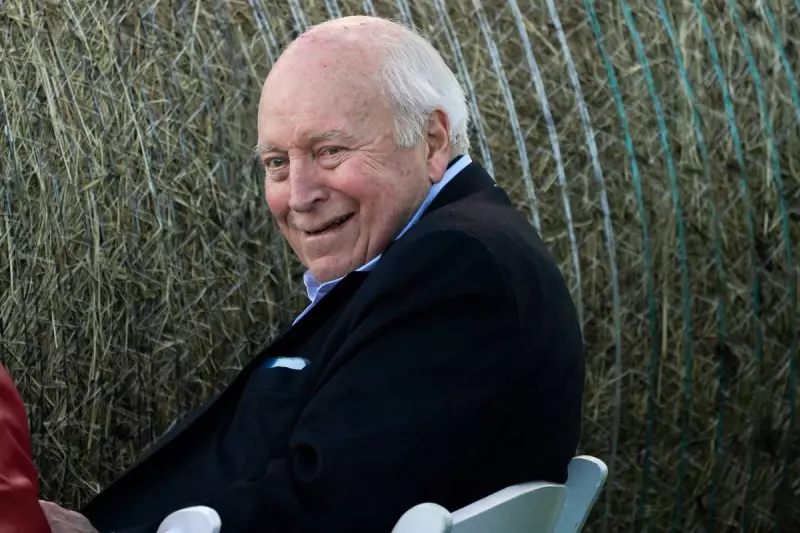
Dick Cheney, one of America's most powerful and controversial vice presidents who shaped George W. Bush's administration and the nation's response to the 9/11 attacks, has died at the age of 93.
A Political Force in Washington
Cheney's political career spanned decades, serving as White House chief of staff, congressman, and defence secretary before becoming vice president in 2001. His influence during the Bush administration was unprecedented for a vice president, particularly in foreign policy matters.
Architect of Post-9/11 Policy
Following the September 11 terrorist attacks, Cheney became a leading advocate for the Iraq War and the broader War on Terror. He was instrumental in developing policies that included:
- Enhanced surveillance programmes
- The doctrine of preemptive warfare
- Controversial interrogation techniques
- The establishment of Guantanamo Bay detention camp
Controversies and Health Challenges
Cheney's tenure was marked by significant controversy, particularly regarding the intelligence used to justify the Iraq invasion and his former role as CEO of Halliburton, a company that received substantial contracts during the conflict.
His health presented an ongoing challenge, with Cheney suffering multiple heart attacks throughout his adult life and eventually receiving a heart transplant in 2012 at age 71.
A Complex Legacy
While praised by conservatives for his strong national security stance, Cheney faced criticism from civil liberties advocates and those who believed the Iraq War was based on flawed intelligence. His daughter Liz Cheney continued his political legacy, serving in Congress and becoming a prominent voice against Donald Trump within the Republican Party.
The passing of Dick Cheney marks the end of an era in American politics, leaving behind a legacy that continues to spark debate about presidential power, foreign policy, and the balance between security and civil liberties.





